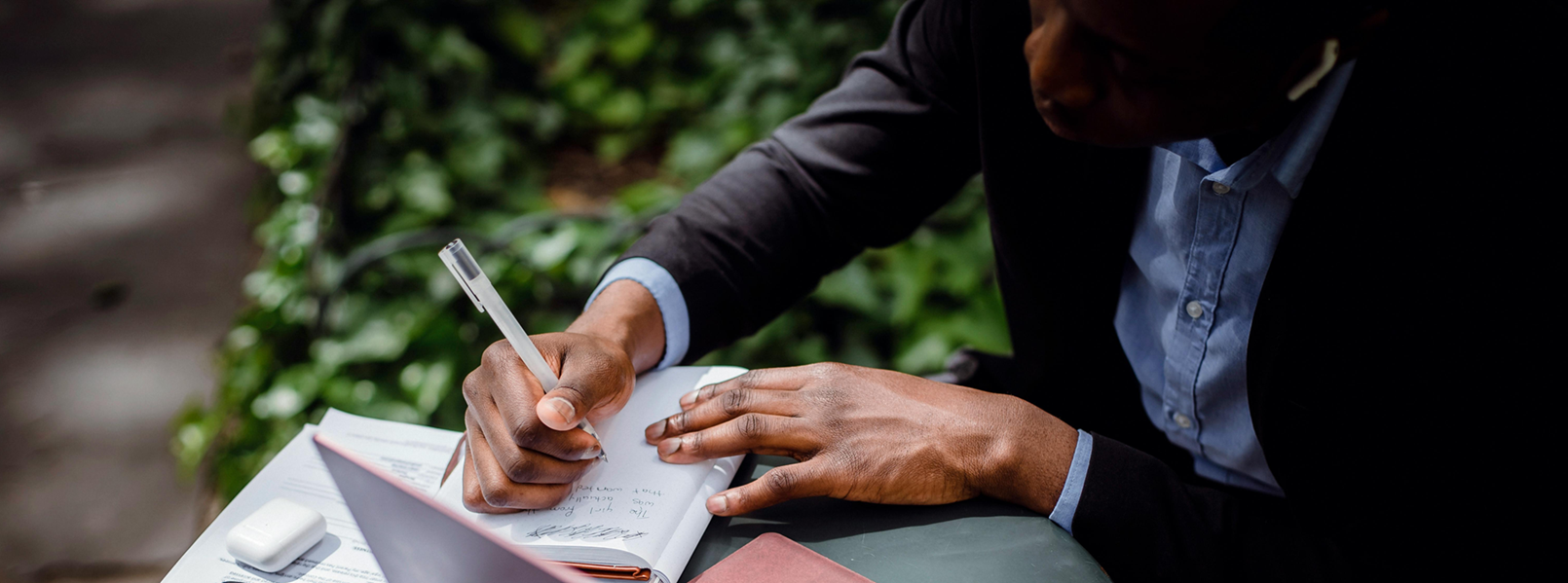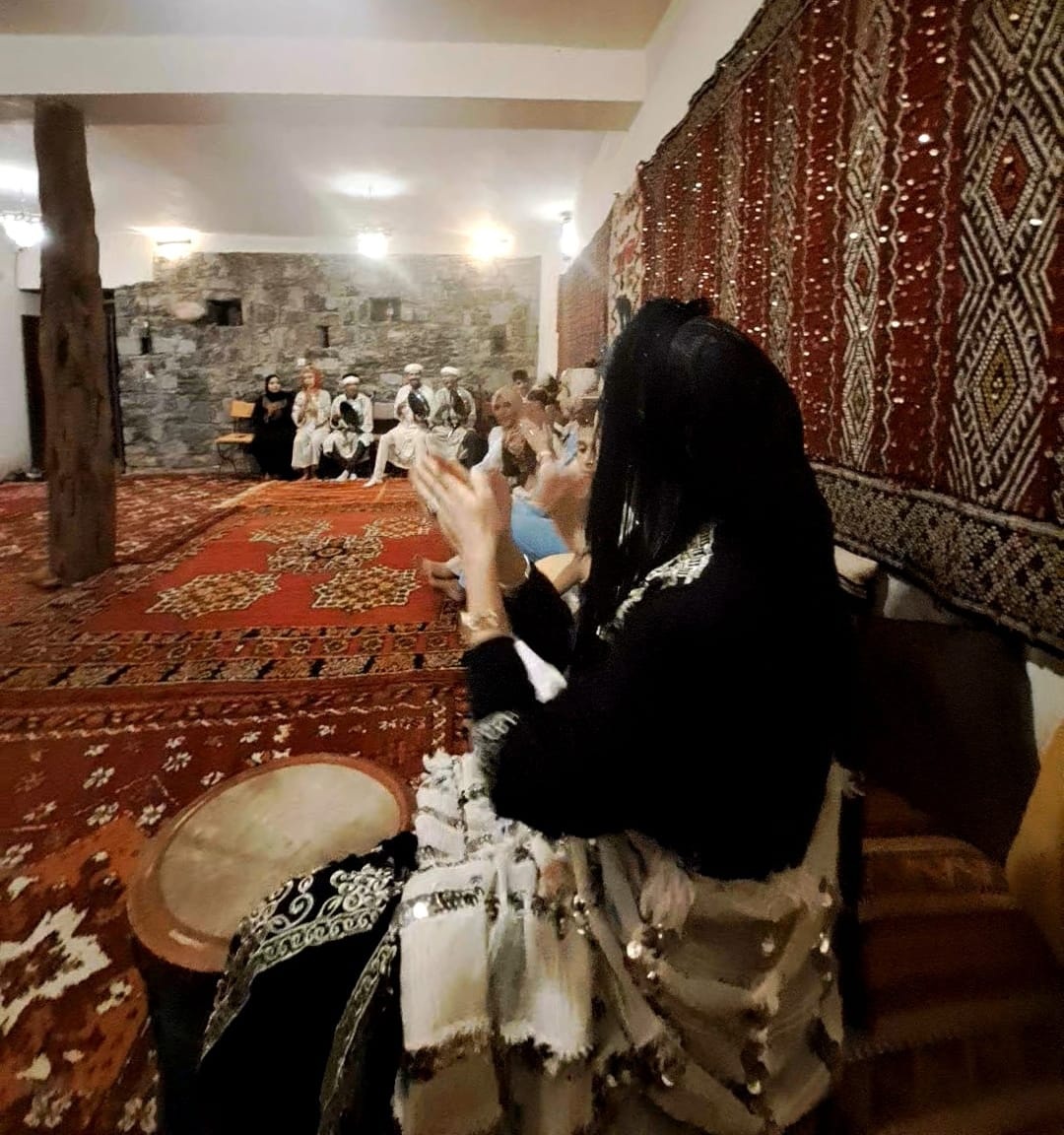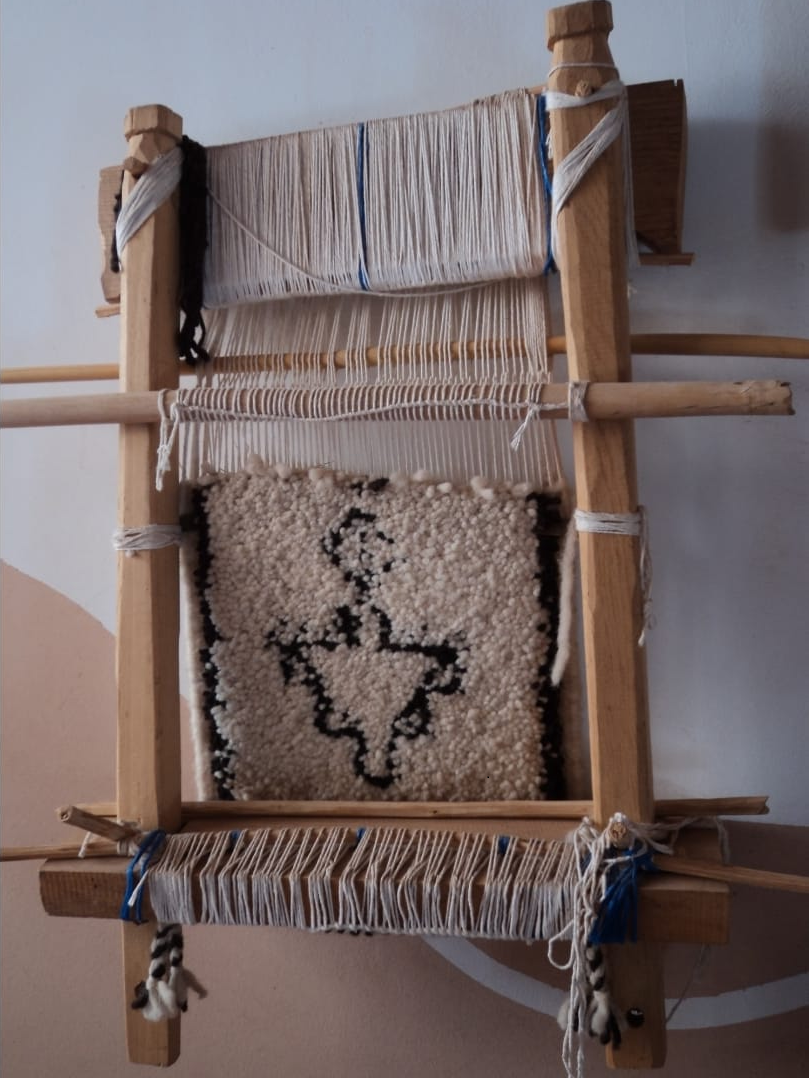
The environmental challenges we face, ranging from water scarcity to pollution, deforestation, and excessive heat, are both urgent and intensely personal. However, debates about climate change too often feel removed, abstract, and hopeless. My work as an environmental journalist and advocate for climate action isn’t just about raising awareness; it goes beyond that to bring these environmental issues closer to people’s lives, making them feel tangible and solvable.
I recently had the opportunity to travel across Morocco, speaking with people on the front lines of this crisis. In the mountain town of Kalaat M’Gouna, I met families turning to solar energy to keep their crops alive through drought. In Zaer, a rural area near Rabat, I watched the locals repurpose ancient techniques and salvage ancestral knowledge to feed their communities at a time when scarcity was the new norm. I sat with young activists from various backgrounds and learned of their grassroots efforts to develop and implement concrete solutions. Every community I visited was unshaken in its belief that a sustainable way forward was possible.

An indigenous celebration in a village in the Azilal province.
The stories of resilience, innovation, and hope I gathered on this trip reminded me that climate action doesn’t just come from institutions and organizations; it begins with ordinary people on the front lines refusing to surrender to an unjust and biased system.
Of course, engaging with the environmental crisis comes with an emotional toll; climate change deals not only physical damage, but psychological damage as well. I’ve seen firsthand the anxiety of farmers struggling to make ends meet, the quiet fear of a new generation with an uncertain future ahead of them, and the fatigue of young activists stretched thin between hope and heartbreak.
The mental exhaustion that comes with constant bad news is very real, and the information overload of our digital age only serves to exacerbate it. On the flipside, when you feel like the world is falling apart but no one around you is talking about it, you get a sensation of loneliness and abandonment. It makes you question if you're overreacting.
That’s why storytelling matters.

A rug bearing a traditional Amazigh fibula symbol in progress on a loom.
Effective storytelling does more than inform people — it helps them connect, reminding them that they’re not alone in how they feel, that there are others who, in whatever capacity, can relate to their fear, their hope, their resilience. That’s why I believe journalism has to go beyond headlines and statistics. It’s essential that we humanize the climate crisis, because when people see themselves reflected in the story, they’re more likely to act.
My work as a journalist gives me the privilege of amplifying voices that deserve to be heard, holding power to account, and pushing for meaningful change. My responsibility doesn’t end with publishing factual pieces — it also entails cultivating a safe space for productive community dialogue around those pieces. Environmental journalism must serve as both a mirror and a megaphone, reflecting on-the-ground realities while shouting loud and clear to shake the silence.
It’s not always easy. The space is full of noise, denial, and skepticism. But I believe that with the right mindset and tools, we can and will cut through the misinformation and doomsaying. Environmental journalism isn’t just about chronicling a crisis — it’s about shedding light on local initiatives, platforming practical solutions, and reminding people that they are not powerless. That change is possible.
Yes, it's tempting to point fingers. I understand the urge. The systems that got us here by prioritizing profits over the planet deserve scrutiny. But blame alone won’t fix the overall issue. Throughout the years, I have learned that people move when they see possibility. That’s why I focus on local victories. Because when people see positive change in their communities, no matter how small, they feel empowered to replicate that change, and momentum builds. We all need reminding that, although the world is struggling, it’s also adapting. We are adapting. And each of us, in our way, can be part of that story.
Jihane Ziyan is an environmental journalist with a passion for storytelling in all its various forms. Her poetry and prose delve into themes of identity and the intrinsic relationship between humanity and nature, while her photography captures the beautiful simplicity and complexity of the world surrounding her.
Banner image courtesy of Ketut Subiyanto, Pexels. Other images courtesy of Jihane Ziyan.



